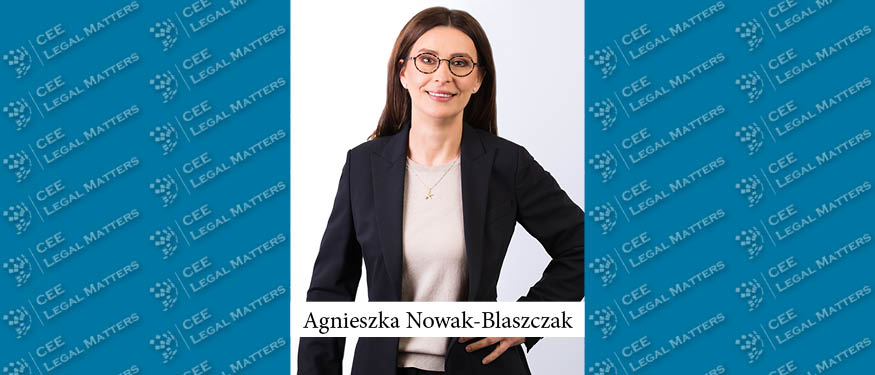Employers often find themselves contemplating whether they should disclose the reasons for an employee’s termination to the entire workforce. While the motivations behind this consideration can be well-intentioned – such as educating remaining employees about unacceptable behaviors, promoting transparency, and preventing the spread of misinformation, there are legal implications to take into account.
According to Polish case law, disclosing the reasons for termination to unauthorized individuals constitutes a violation of the employee’s personal rights as well as their right to data protection. The courts emphasize that both the termination of the employment relationship and the employer’s assessment of the employee clearly fall within the scope of the employer’s rights. The employer is entitled to evaluate the performance of the employee in question, which is reflected, among other things, in the wording of the termination notice, in particular the termination reasons. However, in carrying out its responsibilities related to employment termination, the employer must adhere to legal regulations. Labor law does not provide the employer with the authority to terminate an employment contract in front of other employees.
Moreover, the employer’s fundamental obligation under the principles of labor law is to respect the dignity and privacy of employees as their personal rights. An employee’s dignity is understood as their sense of self-worth based on their reputation as a good professional and conscientious worker, as well as the recognition of their skills, abilities, and contributions by their supervisors.
The employer also acts as the data controller for the personal data of its employees and is therefore required to adhere to the rules established by the General Data Protection Regulation (GDPR). The data controller is specifically obligated to ensure that data is processed lawfully. This principle implies that every action taken by the employer regarding data processing must have a valid legal basis and comply with existing regulations. Information about employees, including specific events such as contract termination, should only be accessible to a limited circle of individuals within the organization. Typically, this group includes management personnel acting on behalf of the employer, the employee’s immediate supervisors, human resources staff, payroll administrators, legal advisors providing assistance to the employer, and representatives of any labor union to which the employee belongs. These individuals are generally authorized to process other employees’ data, as their roles are directly linked to the tasks they perform within the organization. Consequently, sharing information about employment termination with unauthorized employees is not permissible.
A breach of an employee’s personal rights may therefore occur in particular when information about the intention to dismiss or about the termination of the employment relationship is communicated to an overly broad circle of employees who are not entitled to be informed about the reasons for the termination. Such actions on the part of the employer may be perceived by the employee as affecting their dignity, good name, image, or self-esteem.
Employees whose personal rights have been threatened by their employer’s actions can seek to halt such actions unless they are not unlawful. If a violation occurs, the affected employee may demand corrective measures, such as public statements, to rectify the situation. They may also pursue financial compensation or require a payment to a designated charitable cause. When such a violation of personal rights results in financial loss, the affected employee can claim restitution based on general principles of liability. Claims related to infringements of personal rights can be pursued in court, where it is determined whether such a violation has occurred.
In order to avoid litigation with employees over infringement of personal rights, the employer should carefully assess whether the people who are informed about the termination, in particular about its reasons, are entitled to receive such details.
By Agnieszka Nowak-Blaszczak, Head of Employment, Wolf Theiss Poland
This article was originally published in Issue 11.11 of the CEE Legal Matters Magazine. If you would like to receive a hard copy of the magazine, you can subscribe here.















